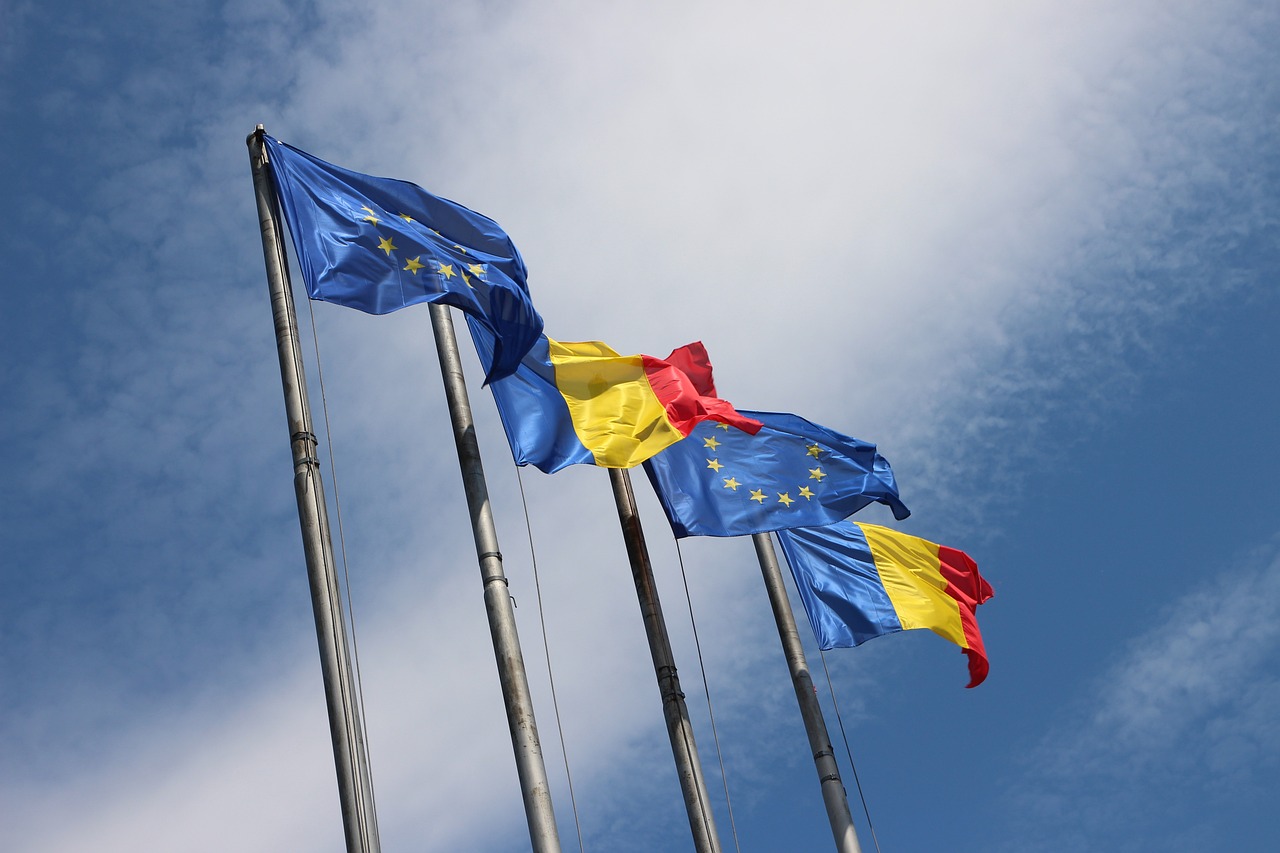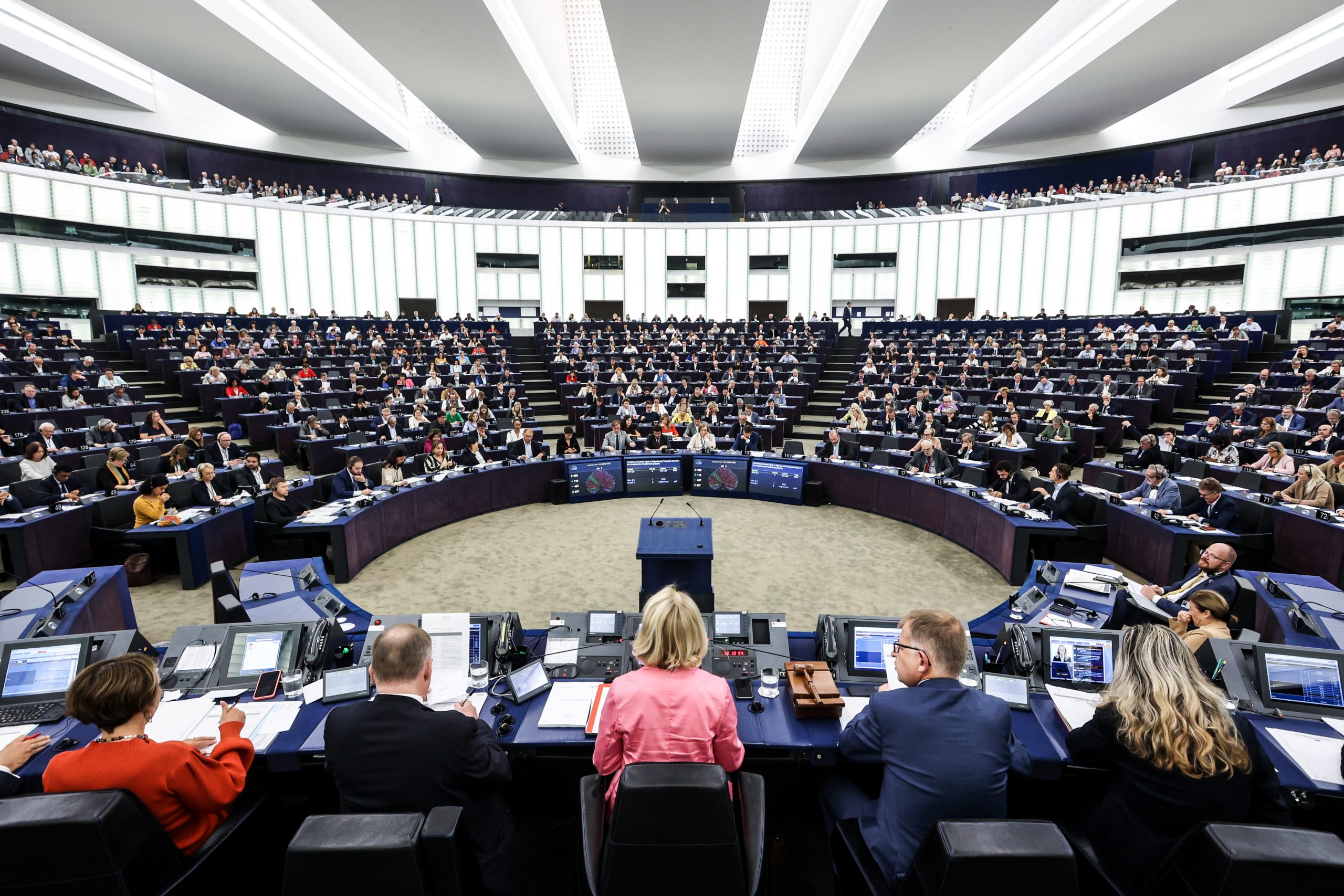
4.8% of respondents with party preferences would vote for the RMDSZ if the EP elections were held next weekend.Continue reading

The 2024 European Parliament elections could result in the strengthening of sovereignist, Eurosceptic political groups, according to an analysis by Vivien Kalas, a researcher at the National University of Public Service (NKE).
In the analysis published on the NKE’s scientific platform, she wrote that looking at results since 1979, the two largest groups have always been the left and center-left parties (Progressive Alliance of Socialists and Democrats), and the conservative, Christian-democratic center-right political forces (European People’s Party Group). Opinion polls for the 2024 elections suggest that the top two places are likely to go to center-left and center-right parties as usual, while the third largest grouping could again be made up of right-wing, Eurosceptic political forces. Polls suggest that the Identity and Democracy Group will have more seats than the liberal Renew Europe.
In addition, the analysis points out that in the current political environment, post-election developments could also shape the balance of power in the EP. From March 2021, the larger Hungarian governing party (Fidesz) is no longer a member of the European People’s Party (EPP), and its MEPs currently sit as independents in the European Parliament.
However, after the elections in June, this will most likely change and Fidesz will again be part of a parliamentary group.
One possible way forward is to join Identity and Democracy, which also includes the French National Rally, the Italian League (Lega), and the German Alternative for Germany (AfD), which has already indicated that it would welcome the arrival of the Hungarian governing party. The other possibility is that Fidesz could join the European Conservatives and Reformists, which includes the ruling Brothers of Italy (FdI), the Polish Law and Justice (PiS), and the Spanish Vox, among others,” the researcher writes. She adds that
in the latter case, Fidesz would be joined by the third and fourth largest groups in the European Parliament, which would be Eurosceptic, according to recent seat estimates, and the Liberals would be relegated to fifth place.
The analysis also points out that the EP election results and the resulting balance of power have both practical and symbolic significance. One of the first manifestations of this is the election of the President of the European Commission (EC). Under Article 17(7) of the Treaty on the European Union, the European Parliament elects the first President of the EC by an absolute majority.
This year, this will require the support of 361 MEPs in the 720-member body. On the basis of the seats now forecast, the main contender, Ursula von der Leyen, who is seeking another term, need not worry, as the center-left, center-right and Liberal groups together will make up far more than that.
However, with the further strengthening of Eurosceptic groups, this could change by June,
and some kind of deal between the parties will be needed in exchange for support.
Via MTI, Featured image: European Parliament